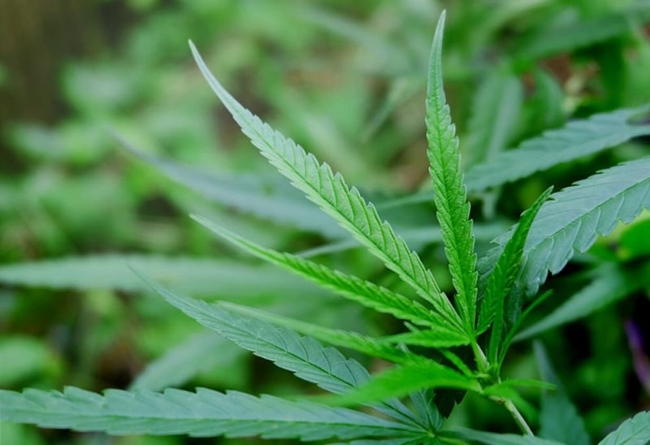
Bangkok (AP) — Thailand’s government on Monday suspended the licensing of commercial marijuana-based products for medical use amid concern that foreign pharmaceutical companies might try to monopolize the market.
Prime Minister Prayuth Chan-ocha’s decree orders the director of the Department of Intellectual Property to invalidate all patent applications for medical marijuana products, declaring that for the time being commercial products from marijuana or having the same molecular structure as the plant are not supported under intellectual property laws.
The decree says it will remain in effect until legislation on medical marijuana comes into force. Parliament last month legalized the regulated use of medical marijuana but the legislation must be signed by Hi Majesty the King to become law. At that point, new applications are expected to be allowed that meet conditions specified under the law.
The move came in response to concerns that foreign companies could monopolize the medical marijuana industry, as some had already registered for patents to produce medical marijuana in Thailand, said Arun Max Avery, chief operating officer for Highland, a marijuana advocacy group.
Avery said foreign companies such as Britain’s GW Pharmaceuticals and Japan’s Otsuka Pharmaceutical had filed patents to produce medical marijuana and although their applications have not been approved, they have also not been rejected. Avery said the two companies had “already established themselves in North America and Europe and now they’re making their move in Thailand.”
Avery said part of the concern over the foreign companies’ patent applications was that Thai intellectual property law does not allow natural microorganisms to be patented.
He said the move to sideline the patent applications and wait for the new law might result in conditions making it possible for more Thais to cultivate and consume medical marijuana.
On Dec. 25 last year, Thailand’s legislature agreed to amend the country’s drug law to allow the licensed medical use of marijuana, as well as kratom, a locally grown plant traditionally used as a stimulant and painkiller.




